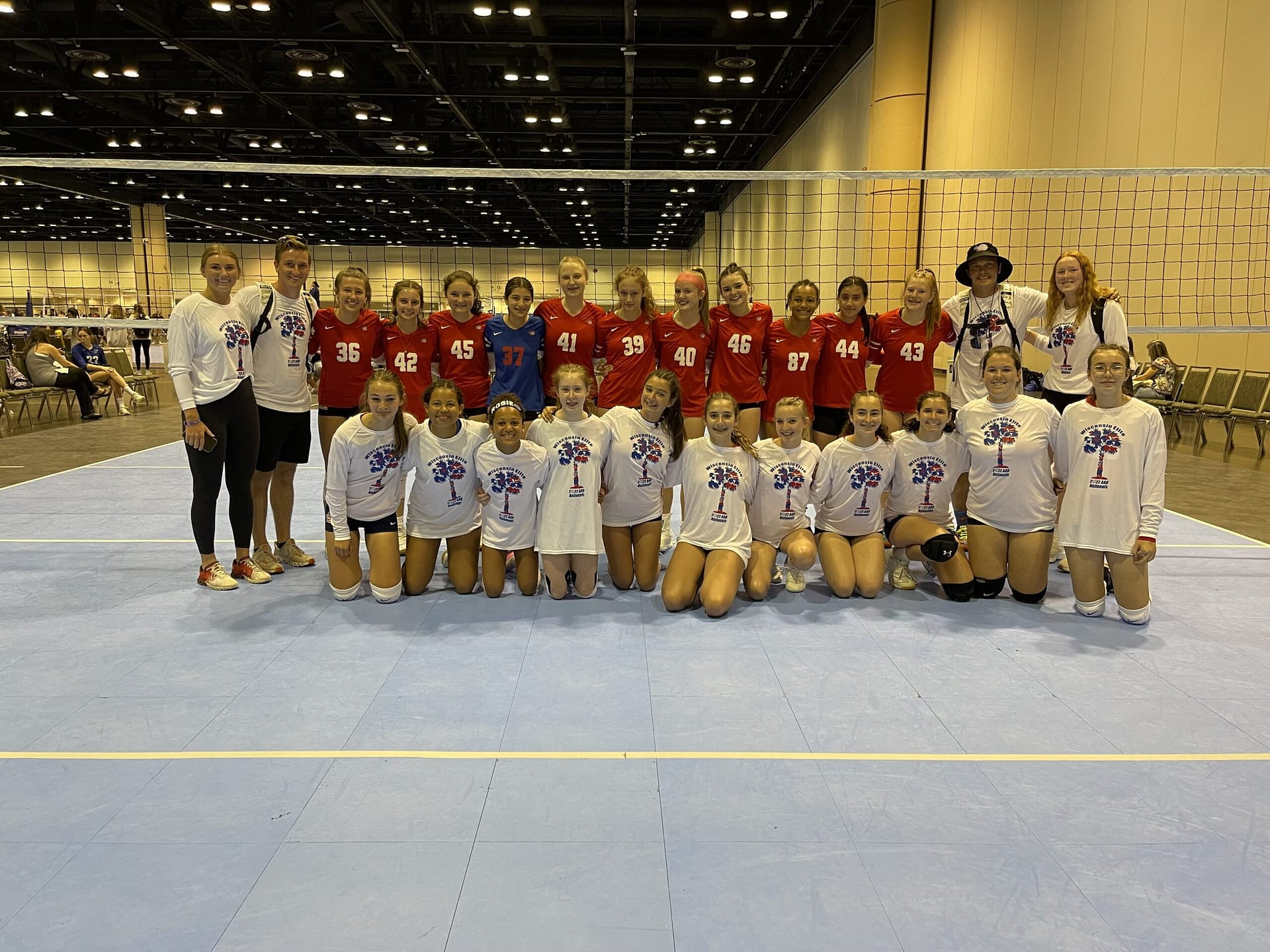One large concept of our system training is player development first over team development. This is not to say we don’t believe in team concepts and working on bonding and component training, as we do. Rather what should the focus be to start any season and throughout the season? The simple question we pose to you and others wondering about system training is – what makes good teams?
We can answer that question succinctly, good players make up good teams. How do you develop good players? Heavy focus early, on skill and positional-based training. The result is players that develop fundamentals and skill balance that becomes so ingrained it becomes muscle memory, so when pressure moments hit later in the season there isn’t as much hesitation or lapses in basics. Think about it like a basketball player, they don’t shoot two free throws and then keep playing, they shoot 100, 500, etc. Do players get better playing it out and doing more component-based drills, certainly, but the majority focus that way keeps players growing as one, not as individual players to contribute to the team better. One of my personal favorite quotes is, “Don’t practice until you get it right. Practice until you can’t get it wrong.”
Implementing systems training as a big group also allows all the players to get the same critical feedback and consistency in coaching. No variance in how to serve, pass, etc. Players work against other teams right away and challenge each other to get better. 1’s players can help 2’s and trickle-down player coaching as well. Sickness, sports/school conflicts, and many other reasons don’t detract from practice then when grouped, as cancellations never have to happen.
The first concern that arises immediately is, my team is struggling against teams that aren’t better than us early in the season. They don’t know how to play next to each other, they don’t have chemistry, and they don’t have situational IQ. That is the trade-off, with a limited number of practice hours and the difference in goals. Is it better to win tournaments early in the season and excel regionally or is it better to perform better at larger showcase tournaments during recruiting periods and nationals? Again team play is necessary and something you shift more heavily to in the back-half of the season when the skill development is about as far as it will progress in a season.
Teams don’t tend to lose because they are a bad team, but because there was a skill deficiency somewhere. More quality individual reps build good individual habits and teams filled with strong players. What does the progression of a good system training over a year look like, stay tuned for more on that!
Learn more about Our Program and how our training makes a difference.
Patrick Bieser
